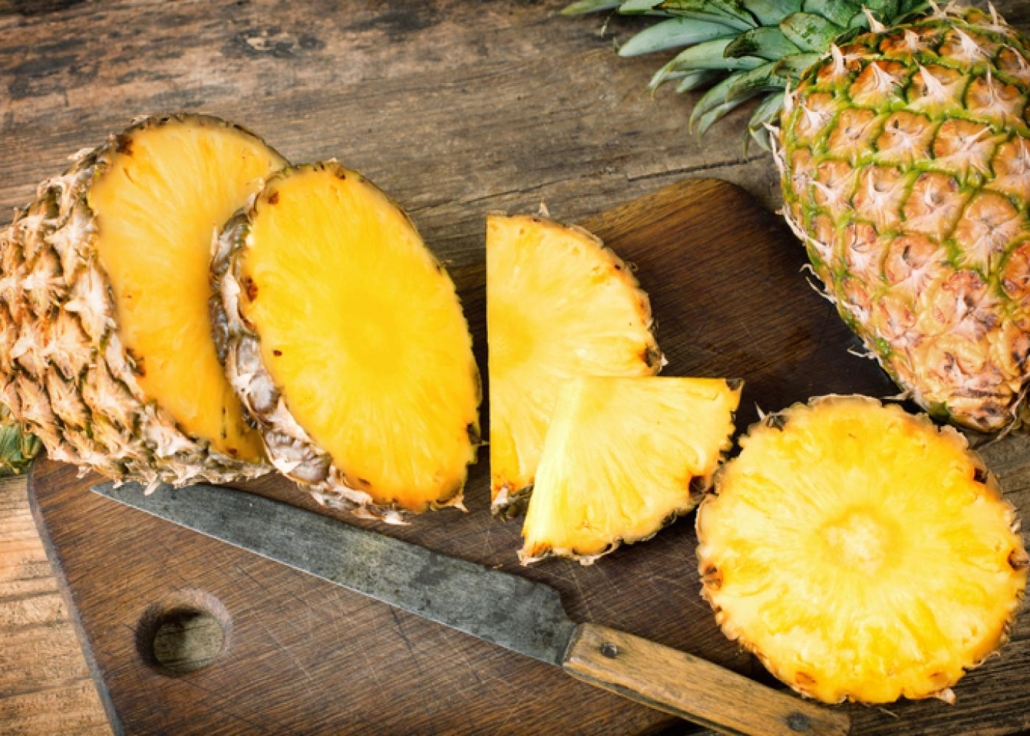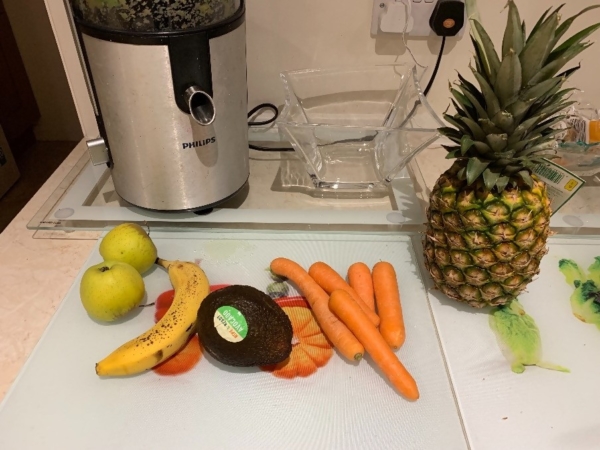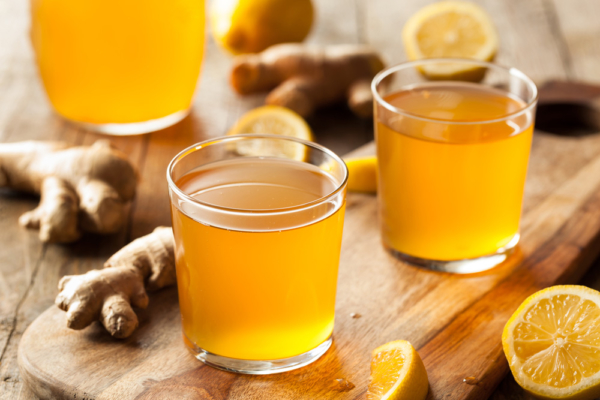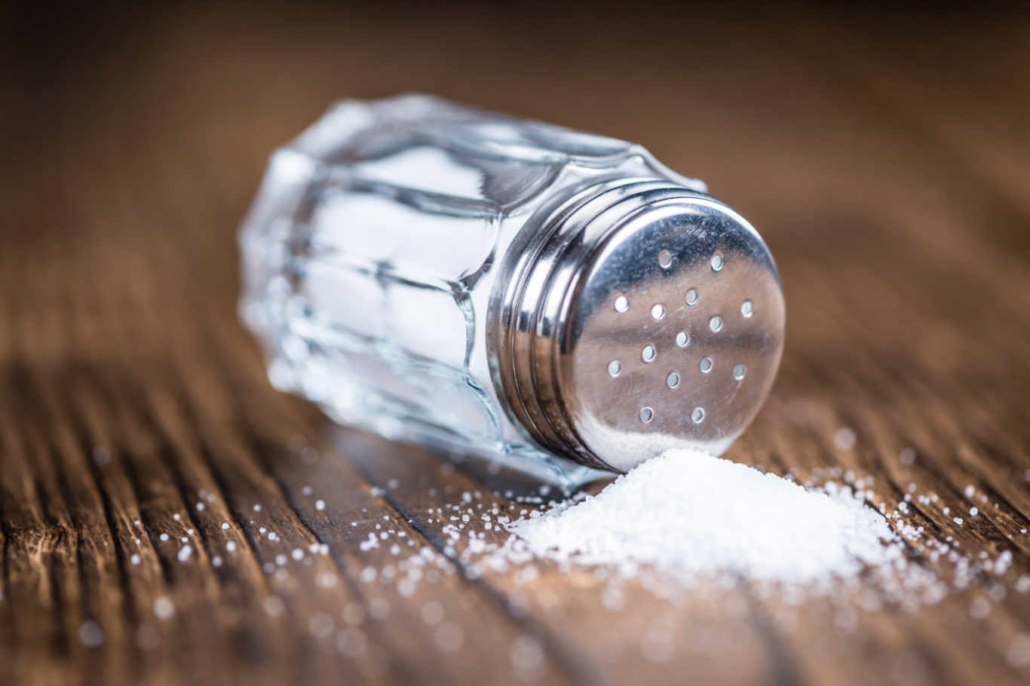Pineapple Is The Go-To Fruit For Staying Healthy
When thinking of foods that are high in nutrients and can help fight off disease, the deliciously tropical pineapple may not be the first fruit to spring to mind. While they are a favorite of juicers looking to add a sweet kick to their smoothies, the pineapple is generally only thought of when relaxing on a tropical beach or debated about online and in memes about its value (or lack of value) on a pizza.
What many don’t consider is that pineapples are a fantastic fruit to enjoy when looking to boost your daily intake of vital nutrients.
One of the most significant nutritional values of pineapple is that it is the only fruit that contains bromelain. While all fruits are stuffed full of vitamins and enzymes that are good for you, pineapple stands alone in its ability to provide this flu-fighting substance. Bromelain is an enzyme that boosts immunity, reduces inflammation, and its ability to break down complex proteins makes it ideal for promoting a healthy digestive system.
Bromelain also has a long term health benefit, which is why the vital nutrients from pineapples should immediately become part of your diet. It is an enzyme which has been shown to treat osteoarthritis and to keep down the excessive inflammation that is associated with cancer. Bromelain has been shown to increase the survival rates of various animals with tumors according to the Memorial Sloan Kettering Cancer Center.
It may not be the first option you think of when starting to get sick, but the vital nutrients in pineapple – add in high levels of vitamin C and manganese to what is mentioned above – means that the pineapple should be your go-to fruit when starting to get sick according to Australian fitness instructor and nutrition expert Ali Cavill.
“Now, if I get issues with speaking [Ali uses her outdoor voice a lot] or a lot of people around me come down with a cold or flu, I’m diving into chunks of pineapple,” she said.
The barrier to entry for many to pineapple is simply that cutting and preparing it takes far more time than biting into an apple. The truth, though, is that with corers and other tools being available, this is a feeble excuse when pineapples are both delicious and healthy.
Their antioxidant properties are up there with the best fruits available, while pineapples also help build strong bones and boost the immune system in multiple ways. While people with diabetes should be aware that pineapples contain about 14 grams of sugar per cup, they are low in sodium, fat-free, and cholesterol-free.
Pineapples are also a fantastic snack for fliers – especially frequent fliers – as they help reduce blood coagulation. This means they reduce the risk of developing deadly blood clots while in the air, with DVT still being a real risk for business people who are in the air on a daily basis.
Finally, and perhaps most importantly now that their health benefits have been laid out, pineapples always belong on a pizza.
By Steve Wright
Independent Writer











